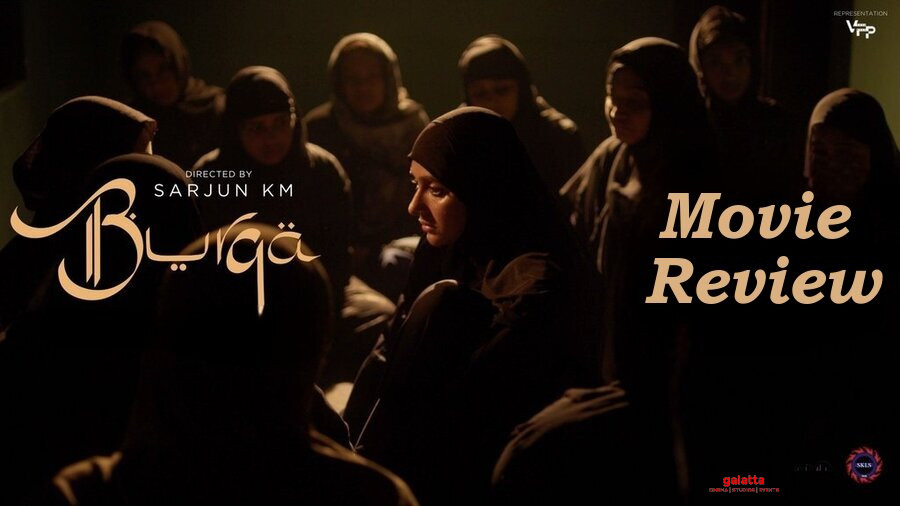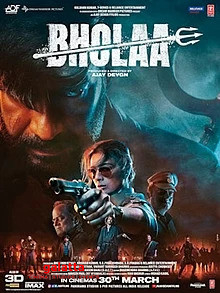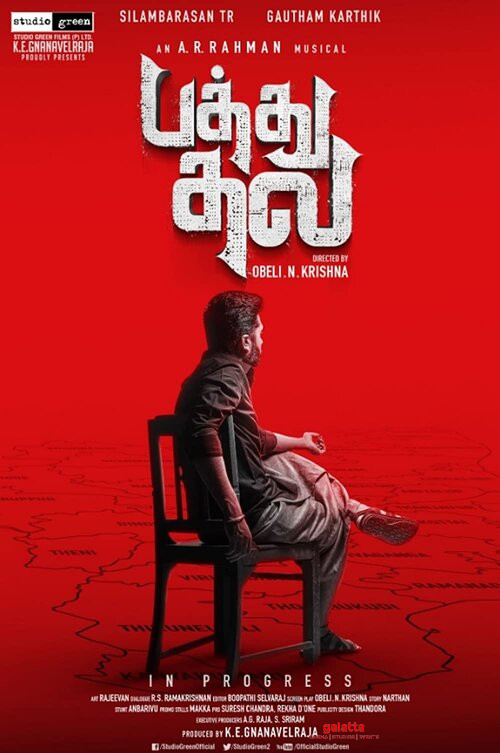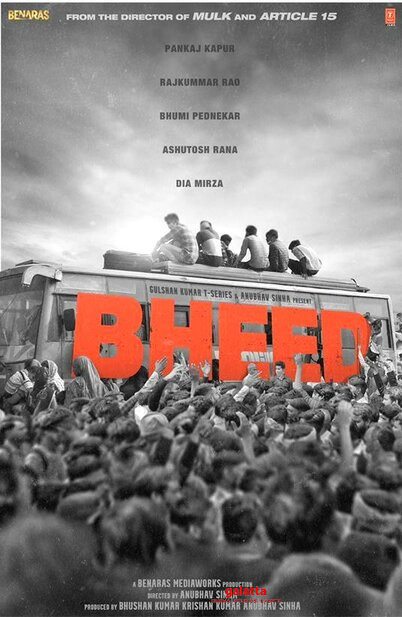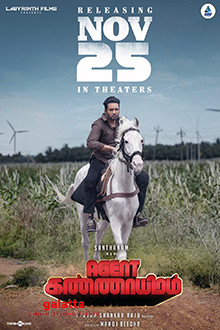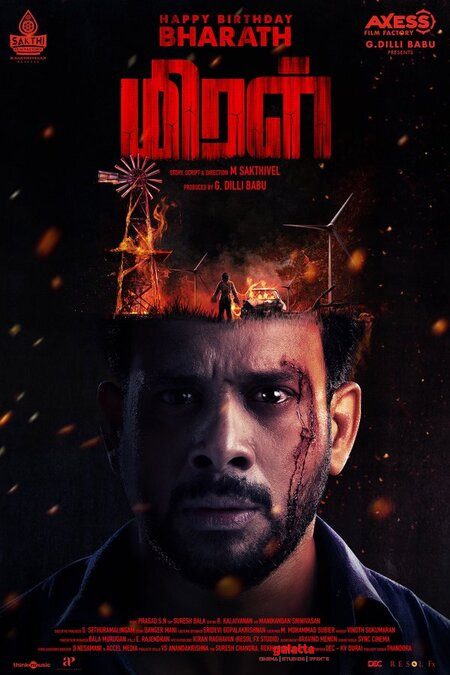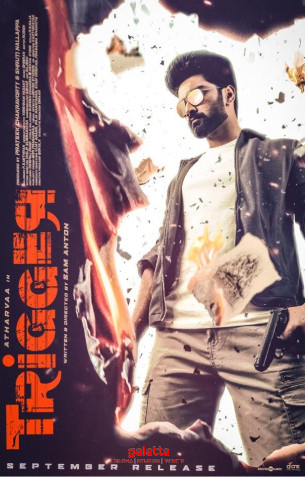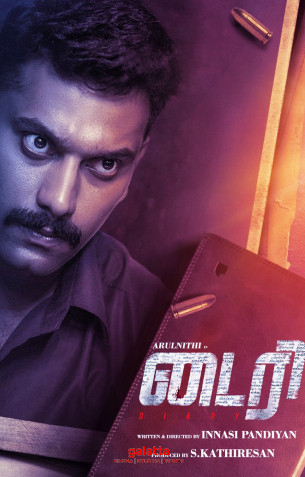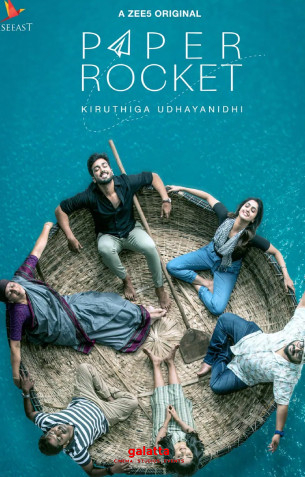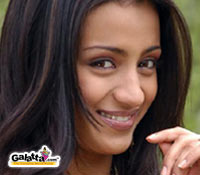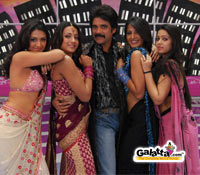Burqa Movie Cast & Crew
Sarjun KM's Burqa is set in Chennai, and it opens on the eve of a riot in December. The date is not mentioned, but perhaps it's December 6, marking yet another anniversary of the demolition of the Babri Masjid in 1992. Or maybe it's some other issue that's become a flash point. Whatever the case, the thing to note is that there are events that continue to inflame people. A curfew has been imposed. The violence outside is the perfect backdrop for a story that questions the "emotional violence" perpetrated in the name of religion, like the Islamic custom of iddah or iddat. Wikipedia defines it as the period after the death of a husband or after a divorce, during which a woman is confined to home and may not marry another man. One of its main purposes is to ensure that if a child is born to the woman, it's that of the divorced/dead prior husband.
So to mirror the conflict on the streets, we have a quiet conflict raging inside our protagonist,Najma. The film opens with a quote from the American writer Angie Weiland-Crosby: "The wind breathes lonely, longing to be seen. Sometimes, the soul has days like these." Najma'soul is that wind. She is young and housebound and lonely, emotionally and possibly sexually. Like an answer to her prayers, a wounded man named Soorya lands up at her doorstep, seeking protection. Their names are complementary: Najma means "star", Soorya refers to the sun. They are day and night in terms of personality, and yet, there are commonalities. And this one-hour-twenty-minute film is essentially a debate between these two characters: man and woman, Hindu and Muslim, mercenary street-fighter and meek housewife, someone who spits on traditions and someone who upholds them (even if she's often confused about their validity).
Talky issue-films are rare. I can recall Robert Redford's Lions for Lambs, which was a series of vignettes that added up to a grand indictment of American foreign policy, the apathy of the citizenry, the sad fact that civilisations do not sustain themselves through non-violence anymore, the culpability of the media, why Iraq isn’t like Vietnam, and so on. Now, that film had many characters talking. Burqa is more like Before Sunrise, which has only two people in conversation – except that this conversation takes the form of a debate, the kind we might have with a friend during an evening we are feeling a tad existential. Cinematographer Balamurugan does something marvellous. His flamboyant work is a complete contrast to the theatrical nature of Burqa. The characters are filled with dark nights of the soul. The screen, meanwhile, is filled with gorgeous colour and light.
Kalaiyarasan plays Soorya. Mirnaa plays Najma. Their performances are solid without being spectacular. But the lack of fireworks in the acting department may be a blessing in disguise, because they clear the space for the real explosions: the ideas. Najma is a nurse. She heals the wounds on Soorya's body – but can she heal the wounds that a patriarchal society inflicts on its most vulnerable (i.e. women, both Muslim and Hindu). In a way, Soorya saves Najma – at least for the duration of a day – as much as she saves him. Through tiny bits of drama, we get a sense of how society invades our most private spaces, our homes. Najma's former husband was quite liberal. He speaks to her about a holiday, just the two of them – where she can wear the T-shirts she likes. But the second they hear footsteps behind them, they draw apart and pretend to do something else. The things they have said to each other, the closeness they have expressed outside their bedroom – this is "just not the done thing" in a conservative household.
Why is Soorya so angry on Najma's behalf? Because he knows, to an extent, what she is going through – because his mother, too, was suppressed by society for a reason. Society decided the fate of these two women. I did not care for the "opening up" of a few scenes that take place outside this house, like the one with Najma's father. It takes away from the claustrophobic atmosphere. The gradual understanding between the leads does a lot more, like in the echo scenes where they turn chairs in different directions so that Soorya does not see Najma's face. And the dialogues keep making us think about the things we do. Do we need to tell small lies in order to keep the people around us happy? Can one person change due to another? There are no easy answers and Sarjun is not after a neat closure to Najma's problems. He wants a debate, and – if you are in the mood for one, his chamber play-like film sparks it.
